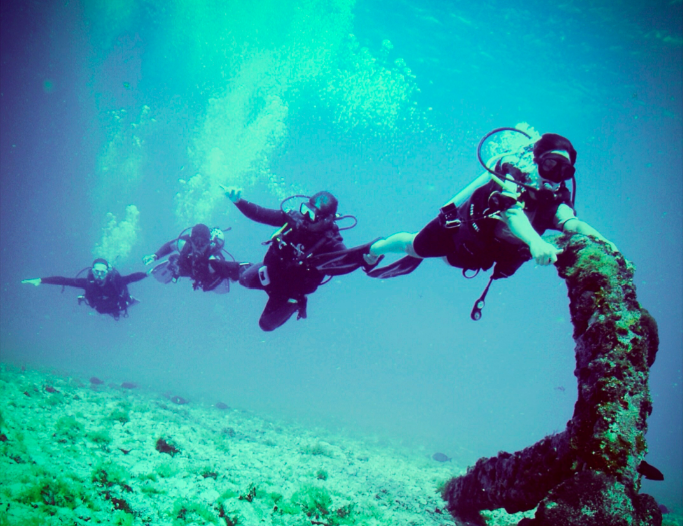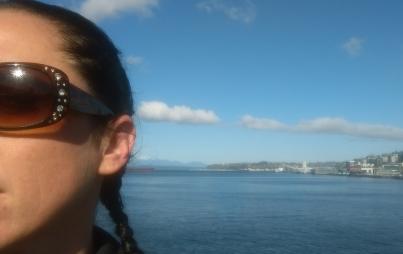
Thinkstock
The search for missing Malaysia Airlines Flight 370 has been overshadowed in recent weeks by more pressing issues, such as the intensifying Israeli-Palestinian conflict and the ever-heightening tensions between Ukraine and Russia (and the resulting crash of a second Malaysian Airlines flight, MH17, after it was shot down by a still-unidentified aggressor).
So what's happened in the wake of our decidedly divided attention to other world issues—is there any hope that MH370 will be found?
The Latest on the Search
While 26 countries were initially involved in solving the MH370 mystery, the Australian government has been overseeing the search since March 17th, as they have international jurisdiction over the area being investigated (located 1,100 miles away from the country's western coast). Now that more than five months have passed without so much as a shred of uncovered debris, the next step of the search is currently being debated, with everyone from oil barons to treasure hunters vying for a chance to participate; the respective payoffs range from new energy resources to adding serious weight to one's corporate portfolio.
Tough Choices: Risky vs. Reliable Search Methods
The Australian government has decided to accept bids from all sorts of characters in the hopes of gaining something out of this tragedy in exchange for the use of the latest and greatest in underwater equipment. And they'll need all the help they can get—it turns out this particular nook of the sea (roughly the size of West Virginia) is one of the least explored parts of the planet . . . current surveys of Mars and Venus are 250 times more reliable than the maps MH370 searchers are working with. In order to navigate the terrain, the Australians' main options boil down to two exploration techniques: sonar devices towed behind search vessels and autonomously-operated underwater vehicles, or AUVs.
Sonar devices (which ping signals around the ocean floor to be relayed back to a team onboard a ship) allow for a greater extent of ground to be scanned more quickly than AUV options, as the latter need to be frequently retrieved on-deck in order to recharge and unload acquired data. This is a particular challenge in rough seas (think of Deadliest Catch's swaying crab cages), and arguably puts crew unnecessarily in harm's way. However, towed sonars are much more difficult to navigate and their cables can easily snap if a miscalculation leads to a significant obstacle, leaving a vessel useless without its underwater eyes.
What Will We Gain Over the Next 300 Days?
Ready to recommence the search following a two-month hiatus on the investigation, Australia will be selecting a bid from among the aforementioned interested parties very soon, granting the winner 300 days to deliver (requiring that the ships cover no less than 66 miles a day in order to cover the search area).
Not since Amelia Earhart have we been so terrifyingly mystified by aviation; this ongoing mystery coupled with a modern interconnected global network (in which any place inaccessible by GPS is considered No Man's Land) has made the MH370 incident unprecedented when it comes to the First World psyche. The notion that something is untraceable or can disappear is simply inconceivable.
There is a silver—if tainted—lining in all this however. Science can gain some serious ground through this next step of exploration; after the search is completed, this area of the ocean will be among the most thoroughly documented on the planet, leading to a new frontier in our understanding of the sea. Despite our dogged research, we remain rather ignorant when it comes to many aspects of deep-sea marine science, as there simply hasn't been the funding or interest needed to dive into the subject (see what we did there?)
Whatever the next phase of the search yields, one thing is certain: the mystery of MH370 is pushing the boundaries of innovation, and confronting us with a huge portion of our planet that is vastly unexplored.






